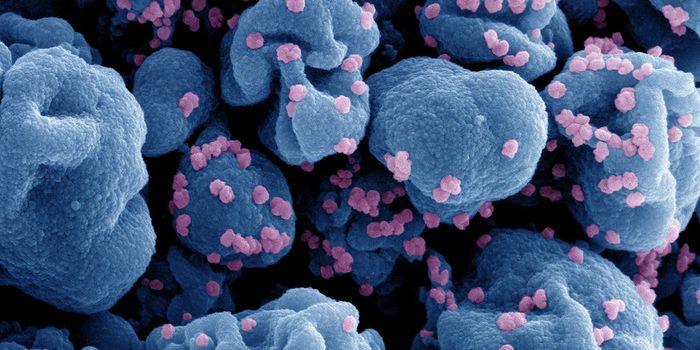People suffering from leukemia or lymphoma are particularly vulnerable to mold diseases such as aspergillosis and mucormycosis. The drug voriconazole is often used to treat these infections, but causes serious side effects such as kidney and liver damage. Recently, researchers at the University of California, Davis, confirmed that the drug isavuconazole is just as effective as voriconazole, while causing far fewer side effects.
According to study author George Thompson, “molds are ubiquitous in the environment, but they are generally no consequence for people with intact immune systems … however, for leukemia and lymphoma patients, and others with compromised immune systems, some molds can be 90% fatal”.
Aspergillosis is caused by mold in the genus
Aspergillus. The mold spores enter the lungs where they can grow into a “
fungus ball”. In the immunocompromised, the spores make their way into the bloodstream where the mold can infect the heart and kidneys.
Mucormycosis, on the other hand, is a disease caused by mold from the order Mucorales where hyphae grow in and around blood vessels. These molds typically infect the sinuses and brain, but can also spread to the gastrointestinal tract.
In the UC Davis study, 35% of infections responded to isavuconazole, and 36.4% responded to voriconazole. However, only 42.4% of patients taking isavuconazole reported side effects, compared to 59.8% taking voriconazole.
Since isavuconazole can treat mold disease with fewer side effects, cancer patients aren’t forced to choose between treating the mold or treating the cancer. According to Thompson, “when these patients get a bad infection, they still need more chemotherapy … it’s one thing to cure the infection but they end up dying of leukemia. Now that there’s a drug with fewer side effects, patients can hopefully continue their chemotherapy with fewer interruptions”.
Sources:
Futurity, Wikipedia









